 |
 |
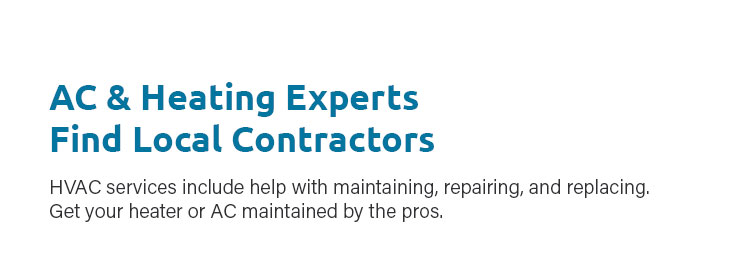 |
 |
 |
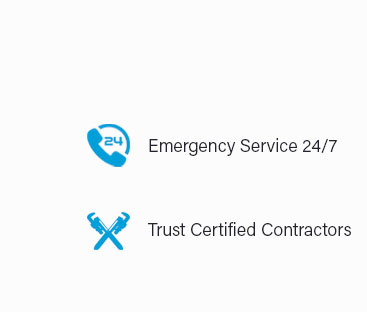 |
 |
 |
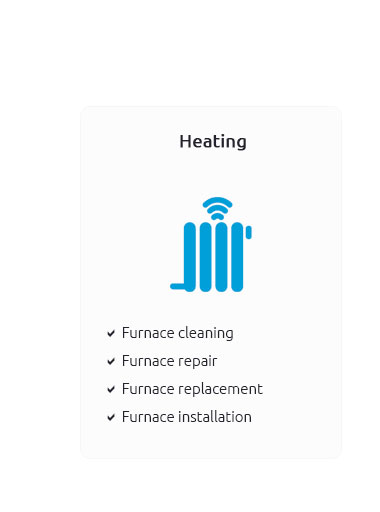 |
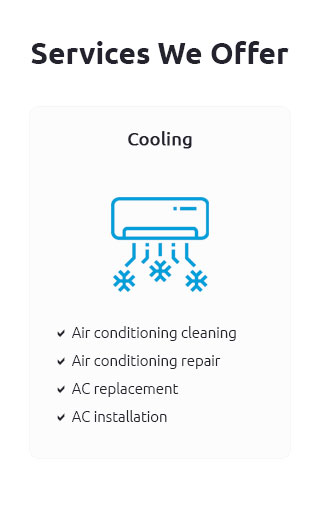 |
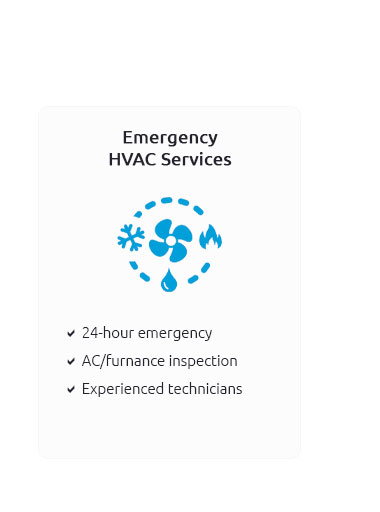 |
 |
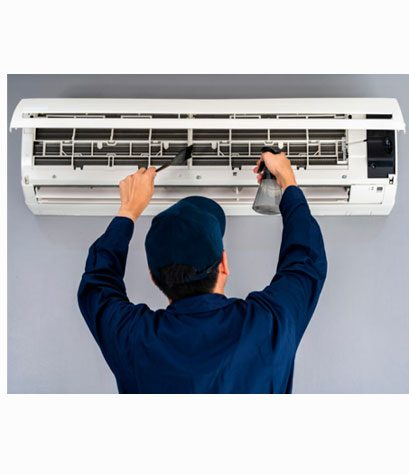 |
 |
 |
 |
Understanding Air Conditioning Installation Prices: A Comprehensive GuideIn today's world, where the climate seems increasingly unpredictable, the significance of having a reliable air conditioning system cannot be overstated.
For many homeowners, the thought of installing a new air conditioning unit brings with it a flurry of questions, chief among them being: how much will it cost? Air conditioning installation prices can vary significantly based on several factors, and understanding these can help you make an informed decision. This article aims to unravel the complexities surrounding air conditioning installation prices, offering insights into various options and their respective costs.
In conclusion, while the prospect of installing a new air conditioning system might seem daunting, understanding the various factors that influence installation prices can demystify the process. Whether you opt for a central system or a ductless solution, weighing the initial cost against potential energy savings and comfort is crucial. Ultimately, choosing the right system involves balancing your immediate budget constraints with your long-term needs. By considering the type, size, efficiency, and installation complexity, you can make a choice that suits both your home and your wallet. As the saying goes, a well-informed consumer is a wise consumer. So, arm yourself with knowledge and ensure that your investment in an air conditioning system is both prudent and satisfactory. https://www.bankrate.com/homeownership/how-much-to-install-central-air/
Central air conditioning systems are a sizable investment, typically ranging in price from nearly $3,800 to nearly $8,000. - Key factors that ... https://www.reddit.com/r/Columbus/comments/16x96lu/ac_unit_cost/
We just replaced our 15 year old carrier with a Payne. Cost us around 2k, but my husband is retired hvac and did the install himself. https://todayshomeowner.com/hvac/cost/ac-installation-cost/
So, Is an AC Installation Worth the Cost? The typical average cost to install a new central air conditioning unit is $6,000, though costs can ...
|